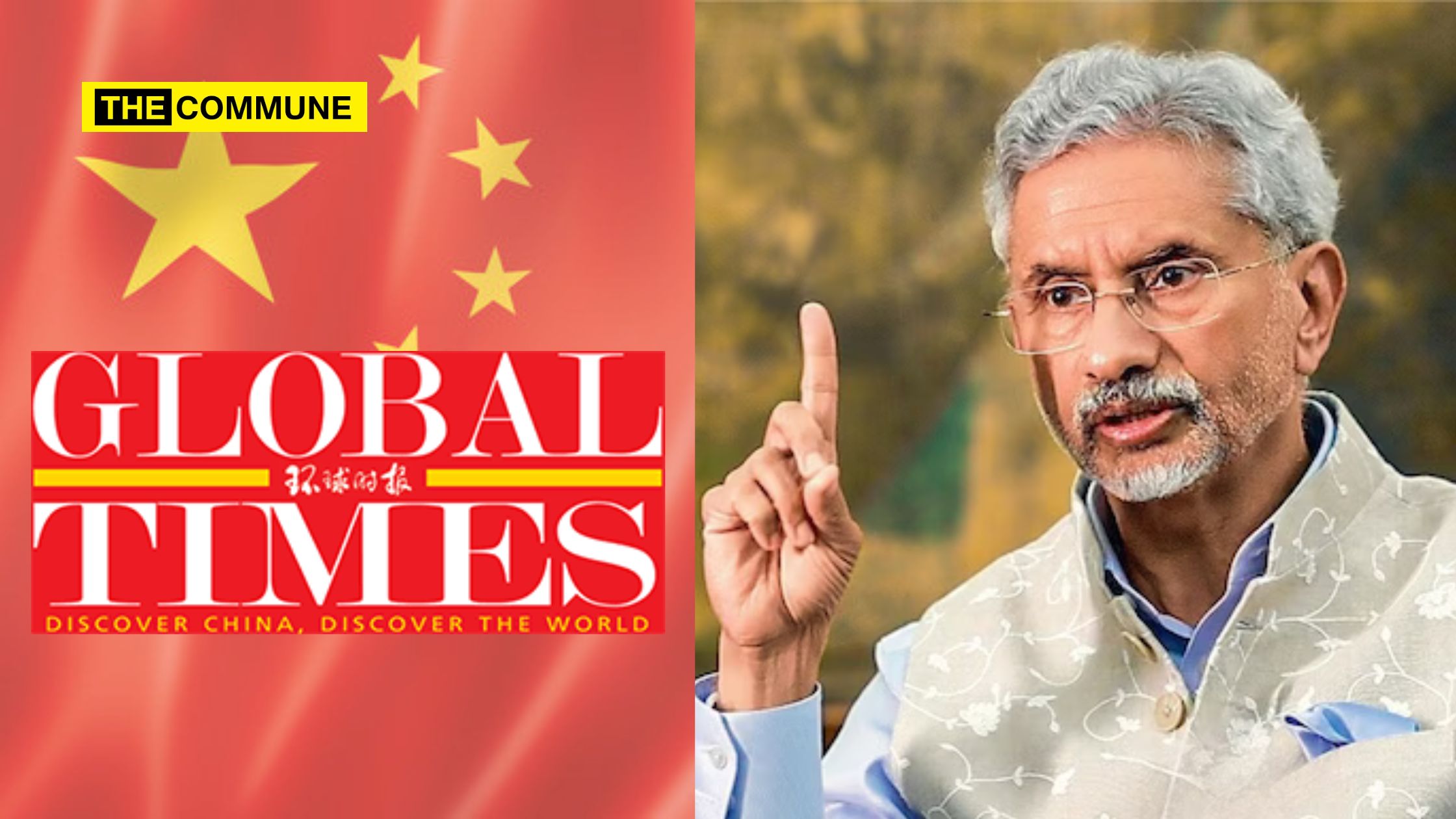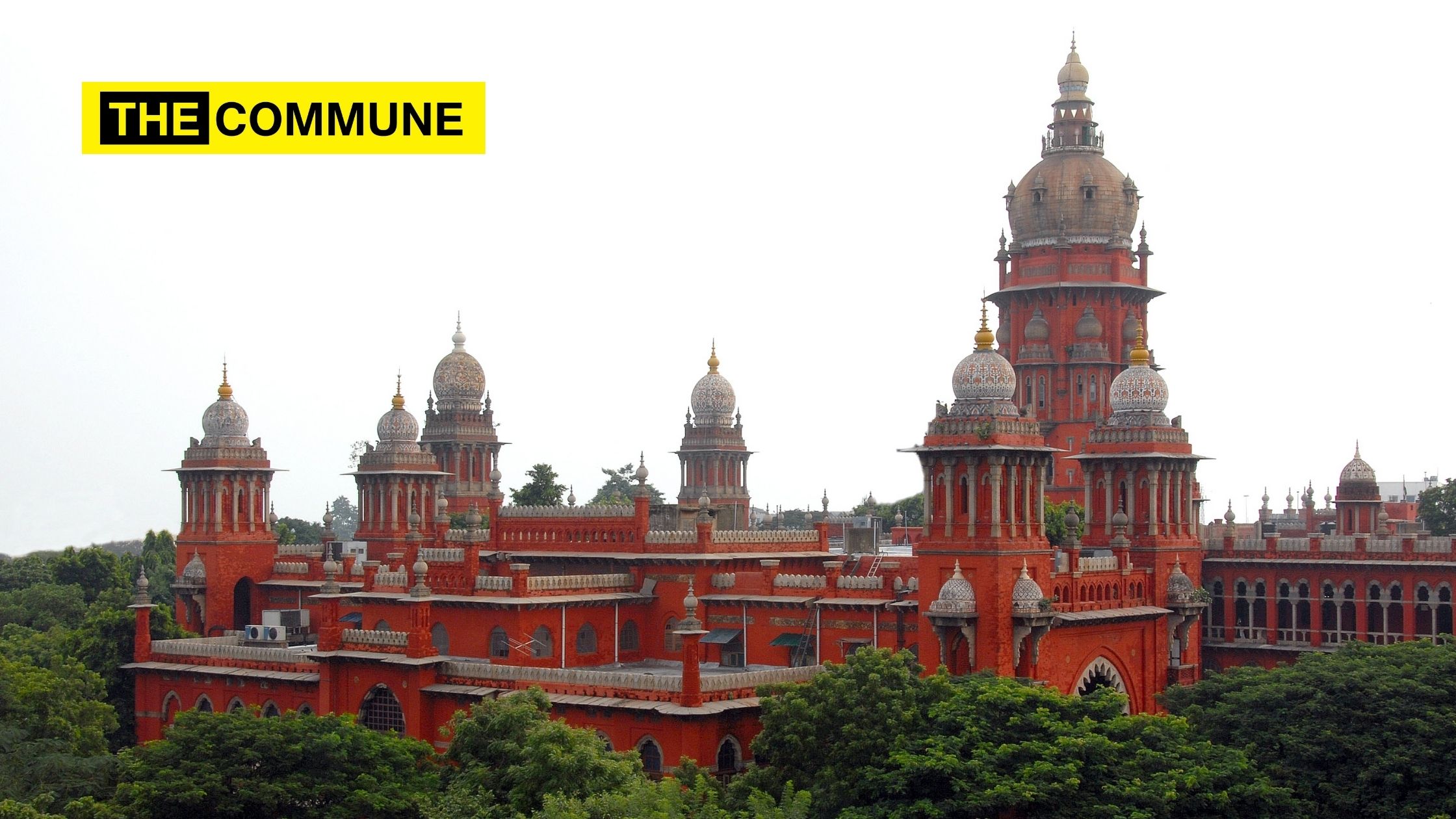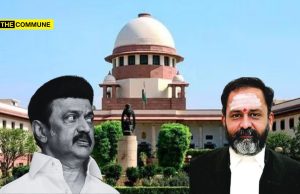
Beijing’s state-run Global Times published an opinion piece on 9 September 2024 (Monday) titled “India’s diplomacy has a ‘S. Jaishankar problem'” written by Wang Daming sharply critical of Indian External Affairs Minister S. Jaishankar. The news outlet removed the English version hours later while retaining the Chinese version.
Chinese diplomatic sources clarified to ThePrint that the views expressed in the article were “private” and did not reflect the Chinese government’s official stance.
The piece in Global Times came in response to remarks made by Jaishankar on 31 August 2024 at a media forum in New Delhi, where he stated that the world is facing a “general China problem”. He said India’s issue with Beijing is more specific due to their ongoing four-year border standoff. Jaishankar also noted that other nations, such as the United States and European countries, are also grappling with challenges China poses.
“Go to Europe and ask what is among their major economic or national security debates today. It is about China. Look at the United States. It is obsessed with China, and rightly so in many ways,” Jaishankar had said.
The now-deleted Global Times article accused Jaishankar of not prioritizing India’s national interests and using “diplomatic tricks” with other nations. It described his recent comments on China as “shocking” and claimed they revealed “envy, jealousy, and hate” towards Beijing. The article also implied that Jaishankar may resist improving India-China relations, suggesting his diplomatic strategy over the past four years could be flawed.
The op-ed further criticized Jaishankar for allegedly prioritizing the United States over India’s own interests. “As minister of external affairs, Jaishankar’s priority seems not to be national interests…The momentum in improving China-India relations might have also made Jaishankar afraid. On one hand, it suggests that the diplomatic strategy he has led over the past four years might have been flawed and is now being gradually adjusted. On the other hand, he is concerned about pleasing the U.S.,” the op-ed stated.
Additionally, the article by Wang Daming compared Jaishankar’s approach unfavourably with that of former Indian leaders, Jawaharlal Nehru and Indira Gandhi, asserting that his diplomacy lacks their moral and ethical foundation. “The diplomatic strategies and tactics he led were full of tricks — they had neither the moral sense of Jawaharlal Nehru’s diplomacy nor the ethical sense of Indira Gandhi’s diplomacy,” the article said.
The Global Times piece also highlighted the diplomatic meetings between Jaishankar and his Chinese counterpart, Wang Yi, which took place twice in July—once at the Shanghai Cooperation Organisation (SCO) summit in Kazakhstan and again at an ASEAN meeting in Laos.
The op-ed also referenced Jaishankar’s post-retirement stint at Tata Group, questioning his motivations before re-entering public office as External Affairs Minister in Prime Minister Narendra Modi’s second term.
A journalist based in Taiwan, Aadil Brar, commented on social media platform X, suggesting that the author’s name might be a pseudonym, which is sometimes used when officials want to present a viewpoint without attribution. He wrote, “This could mean Wang Daming is a placeholder name used to express official views. Chinese state media often employs this practice for authoritative commentaries.”
Brar added, “The name appears to be a pseudonym, which makes the situation even more puzzling. But it’s a common practice when officials want to share official views without a byline.”
The name appears to be a pseudonym, making the whole affair even more bizarre. But it's a standard practice when the officials wants to share official view without a byline.
— Aadil Brar (@aadilbrar) September 9, 2024
Swarajya reported that the name Wang Daming previously appeared in an article titled “China launches big data engineering lab for government management,” where Daming was identified as the head of the National Engineering Laboratory council.
Subscribe to our Telegram, WhatsApp, and Instagram channels and get the best stories of the day delivered to you personally.




